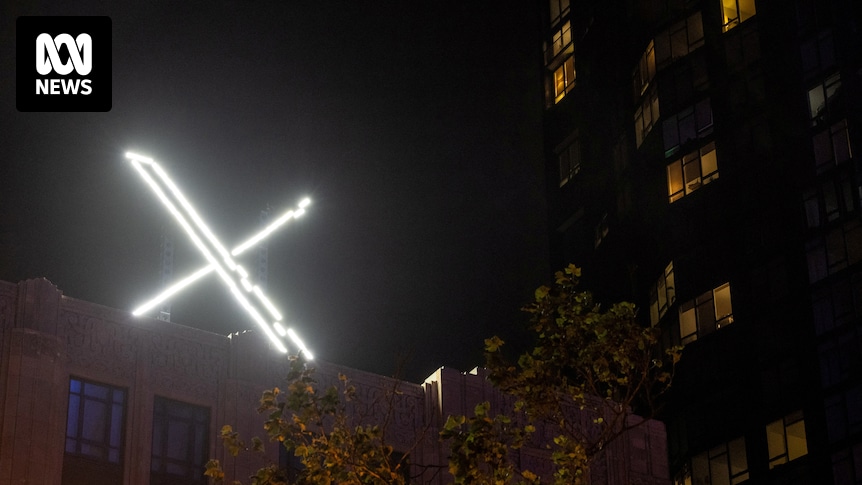[ad_1]
Just 10 “superspreader” users on Twitter were responsible for more than a third of the misinformation posted over an eight-month period, according to a new report.
In total, 34 per cent of the “low credibility” content posted to the site between January and October of 2020 was created by the 10 users identified by researchers based in the US and UK.
This amounted to more than 815,000 tweets.
Researchers from Indiana University’s Observatory on Social Media and the University of Exeter’s Department of Computer Science analysed 2,397,388 tweets containing low credibility content, sent by 448,103 users.
More than 70 per cent of posts came from just 1,000 accounts.
So-called “superspreaders” were defined as accounts introducing “content originally published by low credibility or untrustworthy sources”.
“Fifty-two per cent of [active] superspreaders on Twitter are political in nature,” the report said.
“They consist largely of anonymous hyper-partisan accounts but also high-profile political pundits and strategists.
“Notable, this group includes the official accounts of both the Democratic and Republican parties … as well as @DonaldTrumpJr, the account of the son and political advisor of then-president Donald Trump.”
Twitter, now rebranded to X, fell victim to mass lay-offs of its “user health” and content moderation staff after the platform was purchased by billionaire Elon Musk in 2022.
The study, published in the peer-reviewed journal PLOS ONE, relied on “data obtained before Twitter’s transformation into X”, and noted many of the accounts identified as superspreaders in 2020 had already become inactive or been banned from the platform.
It also noted even after 2,000 “bot” accounts were removed from the data, the majority of low credibility information remained — meaning real people were largely responsible.
“At that time, Twitter was actively experimenting with ways to mitigate the spread of disinformation,” it said.
“This is starkly contrasted by X’s recent decisions to lay off much of their content moderation staff and disband their election integrity team.”
Axel Bruns, from the Queensland University of Technology’s Digital Media Research Centre, said the numbers weren’t surprising.
“Very often it’s not the traditional cliche that online on social media these random people are suddenly becoming prominent [for] sharing disinformation,” he said.
“Very often it is fringe politicians, fringe media outlets and personalities, and sometimes even not-so-fringe ones.
“[The report] makes the point somewhere that since Elon Musk took over, many of the teams that have been traditionally dealing with mis- and disinformation … have just been disbanded.
“And so Twitter is really overflowing with this kind of misinformation. Any kind of policing that Twitter in its previous incarnation used to do has fallen by the wayside, essentially.
“And so the situation on Twitter now is almost certainly far worse than it was in 2020 when they gathered their data.”
Earlier this year, Australia’s eSafety commissioner sent legal notices to X, Meta, Google, Telegram and other major social media platforms.
The notice demanded they do better to police extremist material and activity on their sites.
In 2023, an independent committee found X was in breach of Australia’s voluntary misinformation and disinformation code, after it removed a mechanism for reporting misleading content.
That announcement came just months after the platform was ordered to tell Australian authorities what it was doing to tackle online hate.
“Potential negative publicity and political pressure,” the superspreader report said, may make social media companies reluctant to suspend offenders.
“Paradoxically, the more prominent a superspreader is, the greater their negative impact, and the more difficult they are to mitigate,” the report said.
Professor Bruns, who noted Elon Musk himself had become an “active” sharer of problematic content since taking over the site, said platforms had historically been resistant to policing content.
“The more problematic content is shared on Twitter and the more visible it is, the more it puts off regular users,” he said.
“The [superspreader researchers] immediately raised the question about freedom of speech and whether it would be better to take down these problematic accounts.
“There is this very American Silicon Valley sensitivity around freedom of speech.
“That is one of the key factors that’s kept platforms like Twitter from being more aggressive in taking down these problematic accounts.”
The study was funded by the Knight Foundation, Craig Newmark Philanthropies, and the National Science Foundation.

